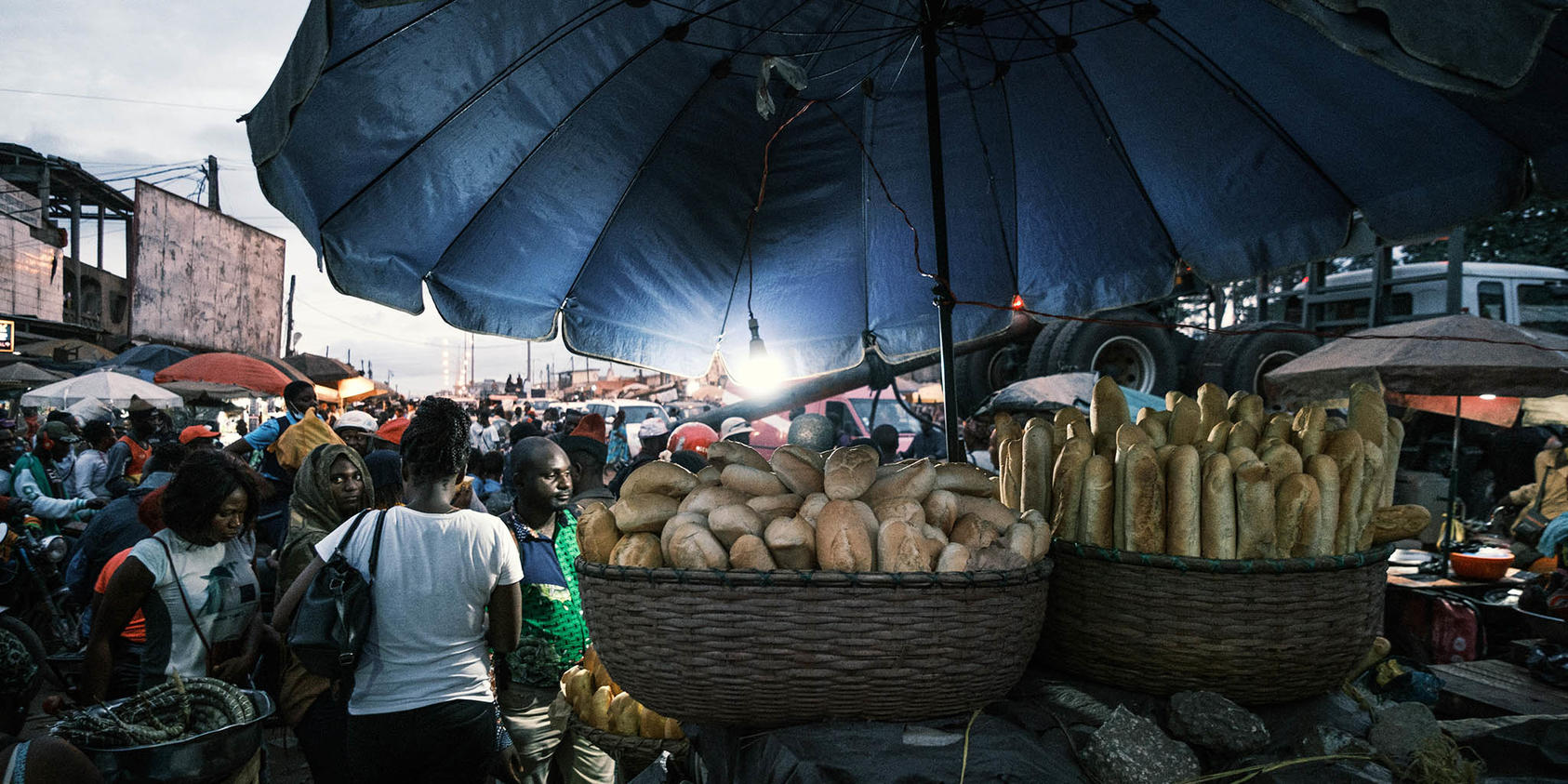
In a keynote speech at The Guardian Newspapers’ 40th-anniversary event in Lagos, Dr. Akinwumi A. Adesina, the President of the African Development Bank Group (AfDB), emphasized the need for Africa to assert itself globally by becoming a powerhouse in food and agriculture.
Adesina expressed regret that, despite possessing 65% of the world’s uncultivated arable land, Africa struggles to feed itself.
Addressing the challenge of feeding a projected global population of 9.5 billion by 2050, Adesina highlighted the importance of Africa’s role, emphasizing that the continent’s ability to feed itself is essential for gaining international respect.
He noted that Africa’s food import bill, reaching $85 billion in 2012, is expected to surpass $110 billion by 2025, underscoring the urgency for self-sufficiency.
Adesina called for increased public accountability on poverty, stressing that governments must take responsibility for lifting their citizens out of poverty. Rejecting the notion of “poverty alleviation,” he emphasized the need for inclusive and well-distributed wealth growth, citing successful examples in other regions like Asia.
The AfDB president shared the bank’s commitment to changing the narrative, citing over $8 billion invested in agriculture over the past seven years.
He highlighted the bank’s role in averting a potential food crisis during the Russian-Ukraine war by approving a $1.5 billion emergency food production facility. This facility supported 20 million farmers in 36 countries, producing 38 million tonnes of food valued at $12 billion.
Adesina emphasized the importance of value addition, citing the discrepancy between Africa’s significant production of raw commodities and its minimal share in the global value for products like chocolates.
He advocated for turning Africa into a global food and agriculture powerhouse, citing initiatives like the $1.6 billion support for Special Agro-Industrial Processing Zones and the newly launched $3 billion Alliance for Special Agro-Industrial Processing Zones.
